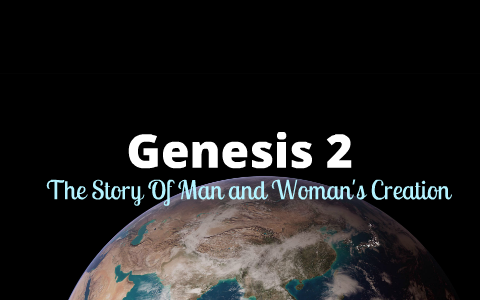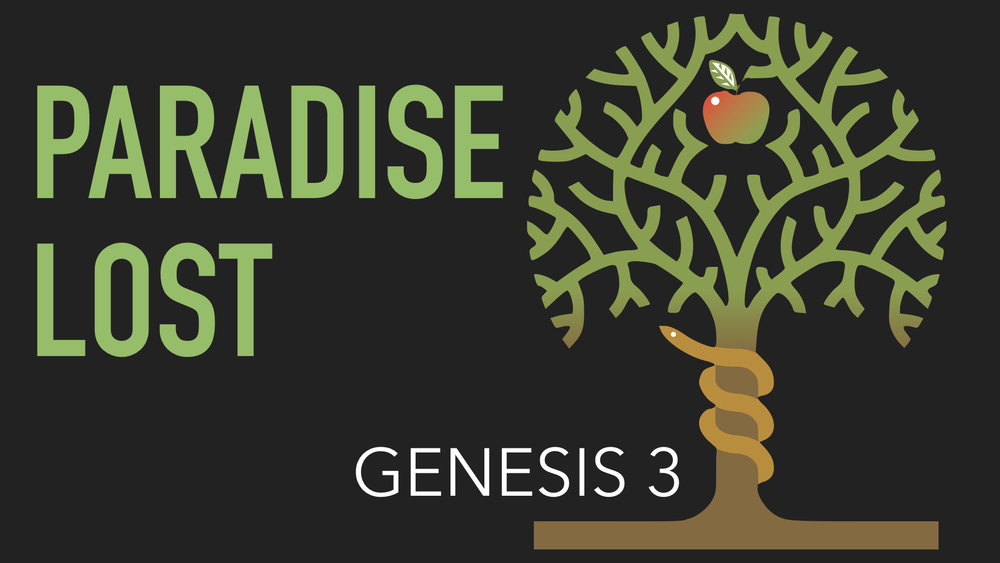In this study, we read the story of Adam & the Fall as given to us in Genesis 2:4-3:24. The creation story of Genesis 1 that we studied in Epiphany 2020 is the story of God and his bringing about all that is seen and unseen. The story of Genesis 2-3 is the story of us. It is a story that seeks to tell us who we are and the very nature of our human condition. This story prepares us for Jesus who took upon himself our human nature and who perfected the same through his incarnation, obedience, and resurrection. Rom. 5:12-21, 1 Cor. 15:42-50. As preparation for the study, I am using the JPS Torah Commentary: Genesis, the writings of Richard Beck, a lecture (Biblican Series IV) by Jordan Peterson, and St. Athanasius’s On the Incarnation. This lesson covers seven weeks.
(Epiphany 2022)
Adam & the Fall
Then as one man’s trespass led to condemnation for all men, so one man’s act of righteousness leads to acquittal and life for all men.
In the day that the Lord God made the earth and the heavens, when no plant of the field was yet in the earth and no herb of the field had yet sprung up
As clay in the hand of the potter— for all his ways are as he pleases— so men are in the hand of him who made them, to give them as he decides.
And the other criminal said, “Jesus, remember me when you come into your kingdom.” And he said to him, “Truly, I say to you, today you will be with me in the Garden.”
The Lord God commanded “You may eat of every tree of the garden but of the tree of the knowledge of good and evil you shall not eat, for in the day that you eat of it you shall die.”
God’s creeation is “not good” because the person’s creation is incomplete because the person is alone.
“For this reason a man shall leave his father and mother and be joined to his wife, and the two shall become one flesh.” This mystery is a profound one, and I am saying that it refers to Christ and the church.
Once the humans eat of the fruit of the Tree of Knowledge, they know that they are mortal and are not God. They know that life is precarious and they will die.
The seed, therefore, of sin is in the suggestion, the nourishment of it in delight, its maturity in the consent.
The man said, “The woman whom thou gavest to be with me, she gave me fruit of the treee, and I ate.”
And just as in pain (Heb: itstsabon) does the woman bear children, so also in toil (Heb: itstsabon) will the man bring food from the ground.
The Lord is full of compassion and mercy, slow to anger and of great kindness. He will not always accuse us, nor will he keep his anger for ever. As a father cares for his children.


